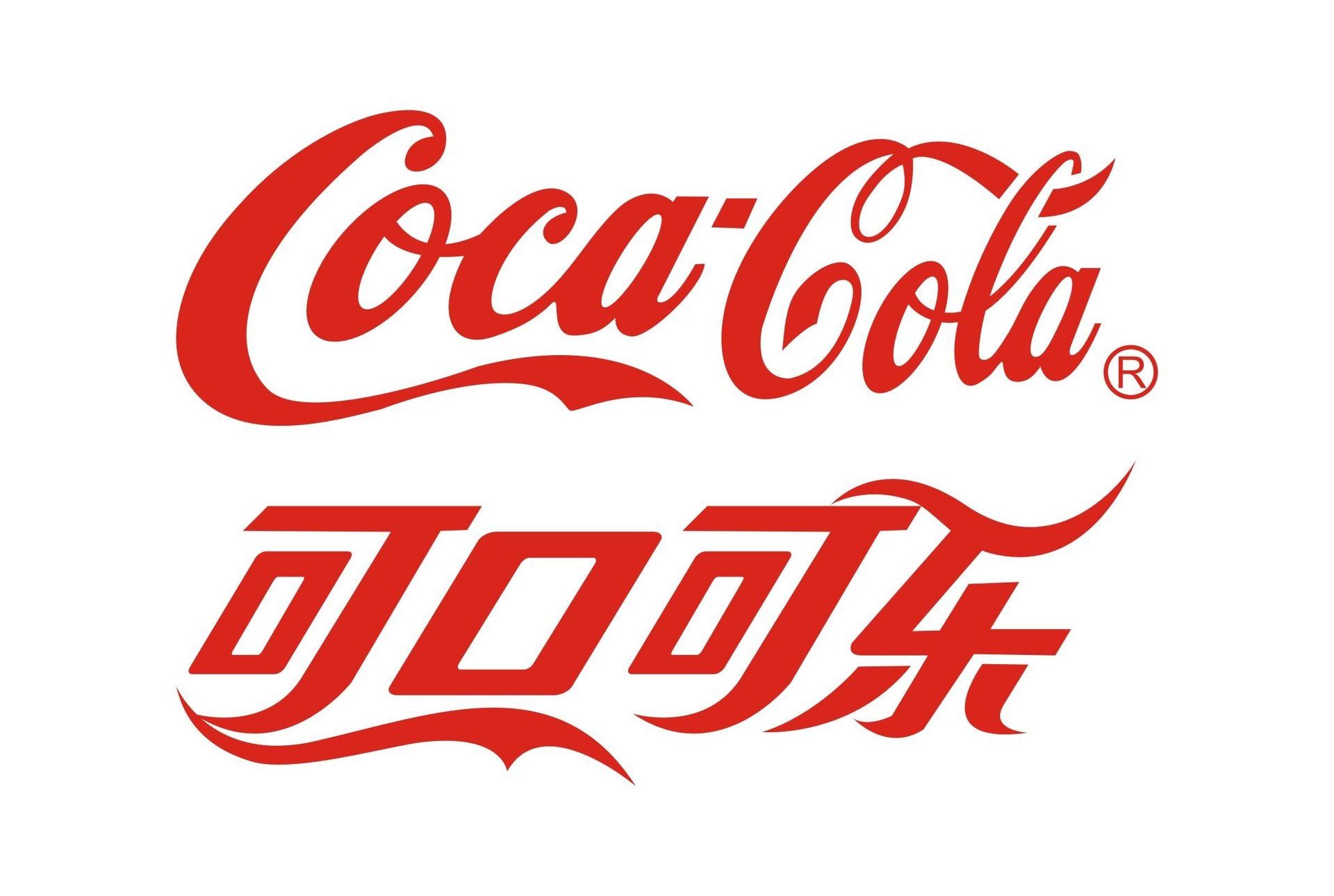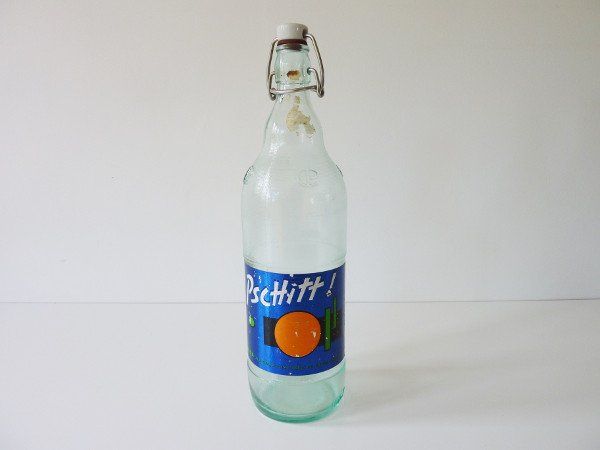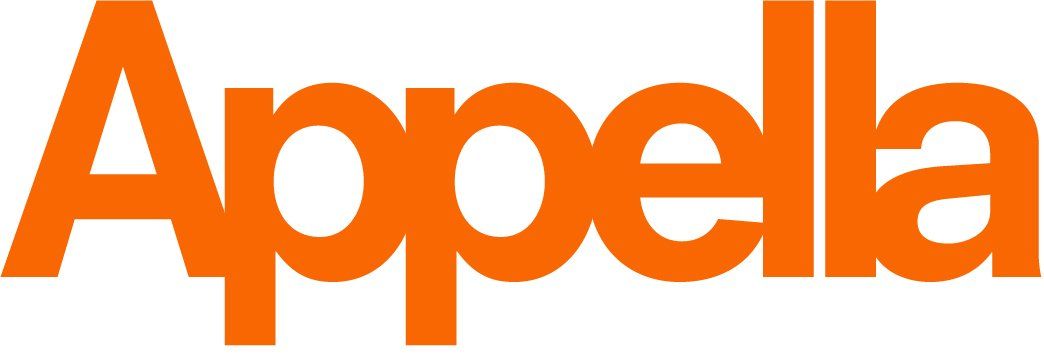Names Pronounced Around the World
For better or for worse

A great brand name is one that can grow with the brand no matter how big and successful. With this in mind, a brand name that works globally is often vital. There are a few ways a brand can achieve this. You can find a common spelling and global recognition. Or, you can go for translation in your markets. Or maybe you have to transliterate where languages use a non-roman script. English is written in roman script. Many Western brands in China are transliterated into Chinese names with an advantageous meaning.
Sometimes, this can be brilliant for marketing and work out beautifully. For example, Coca-Cola is transliterated into Kekoukele in Chinese, which is very like the English pronunciation anyway. However, in addition to the similar pronunciation, it also translates approximately to “tasty fun” which is right on par for the brand’s slogan, “Taste The Feeling.”
Of course, for every great global brand name, there are plenty of names that fell flat with a wider audience. This usually occurs due to a lack of research. The results are brand and product names that stir up a variety of reactions and give the rest of the world a laugh.
Pschitt
- French soda, 1954 (Perrier)
- This brand name was an attempt at onomatopoeia. It’s similar to the noise when cap of a soda bottle is removed. However, English speakers may have opted for “pshh.” Instead, Pschitt is pronounced just as you’d imagine.

Pocari Sweat
- Japanese sports drink, 1980
- Contrary to what you may imagine, this soft drink has a light grapefruit flavour and offers little aftertaste, a great selling point. However, the creators did use the English word for their Japanese audience. The concept of the name actually refers to the sweat lost during sports. The drink replaces the lost nutrients and electrolytes. On the other hand, “Pocari” does not have any other meaning.
Colgate Cue
- Toothpaste in France
- While English speakers may understand the word “cue” in several ways, in France, it’s a pornographic magazine. In addition, “cue” is homophonous with “queue” which means “bum,” and worse. Of course, this made for plenty of giggles for the French when looking to purchase toothpaste.
Ford Pinto
- 1970s Subcompact Car
- In the development stage, the Ford marketing team had the pinto horse in mind. However, in Brazilian Portuguese, it translates to ‘male genitals.’ Suffice to say, the car did not do well.
Lucky for us, these translations always make us laugh. Unfortunately for the brands, they failed because they weren’t researched properly by experienced enough people.
Thanks to our ongoing Herculean labour of a publication grade dictionary of globally recognized words, this is an area in which we specialize. So, if you’re looking to take your brand globally, get in touch!
